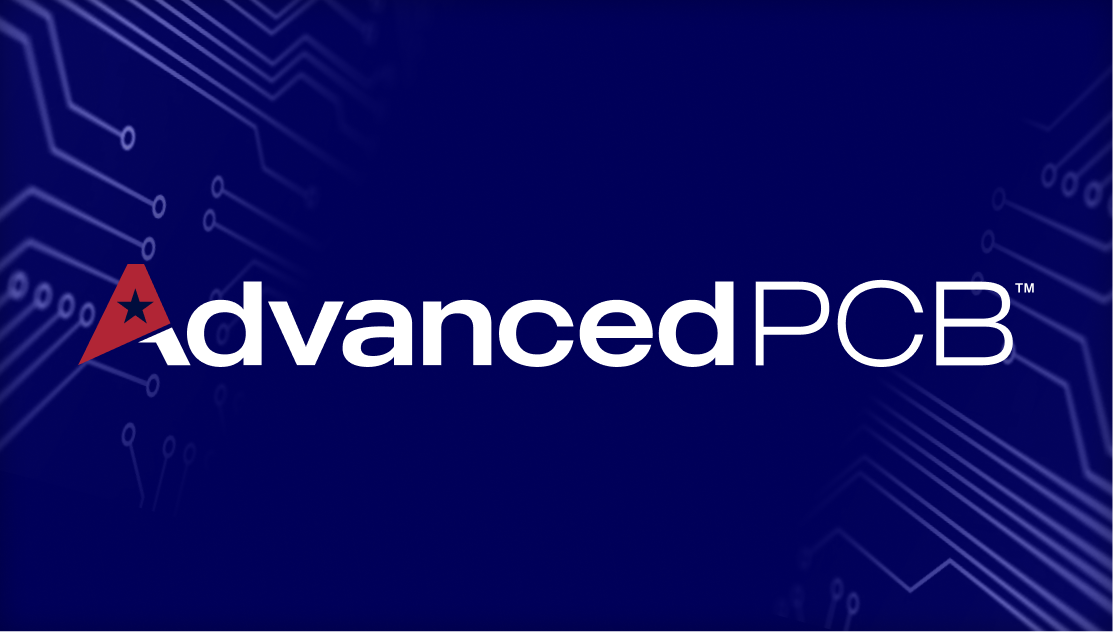Recycling Printed Circuit Boards and Other Electronics

.jpg?lang=en-US) Driving around the city you may see signs advertising electronics disposal drives. While it is extremely important to recycle old electronics and printed circuit boards, it is important to understand how to properly dispose of these materials in order to help improve the environment. According to The Economist, only about 15% to 20% of electronic waste in America is actually recycled. Other disposal methods that are used, such as incinerators, can release the brominated flame retardants found in PCBs and other chemicals that are some of the most toxic substances known. If inhaled or digested, these can cause cancer and other reproductive disorders. In addition to affecting those that work at disposal centers, chemicals may get in the food chain and end up affecting our future generations. This is why it is necessary to work with your PCB supplier to learn about ways to properly dispose of your circuit boards.
Driving around the city you may see signs advertising electronics disposal drives. While it is extremely important to recycle old electronics and printed circuit boards, it is important to understand how to properly dispose of these materials in order to help improve the environment. According to The Economist, only about 15% to 20% of electronic waste in America is actually recycled. Other disposal methods that are used, such as incinerators, can release the brominated flame retardants found in PCBs and other chemicals that are some of the most toxic substances known. If inhaled or digested, these can cause cancer and other reproductive disorders. In addition to affecting those that work at disposal centers, chemicals may get in the food chain and end up affecting our future generations. This is why it is necessary to work with your PCB supplier to learn about ways to properly dispose of your circuit boards.
Buying Compliant Printed Circuit Boards
In addition to properly and efficiently recycling your printed circuit boards and other electronics when you do not plan to use them anymore, you also want to purchase PCBs that are compliant with global regulations in the first place. AdvancedPCB offers PCBs that are manufactured and assembled according to various industry certification standards for quality and environmental safety. AdvancedPCB can provide you with UL-approved PCBs that meet RoHS, REACH and Conflict Metals requirements and regulations. To learn more about your options and to place your next PCB order, contact a representative today.
AdvancedPCB
Related Posts

Future trends of the circuit board
As consumer demands for faster, smaller and more efficient devices intensify, so do printed circuit board requirements. PCBs are the backbone of all electronic devices. They affect their size, speed and functionality.
Future trends of the circuit board
Read More

2-Layer vs. 4-Layer Printed Circuit Boards
When it comes to printed circuit boards (PCBs), there are infinite possibilities for how many layers you can have. Some supercomputers have nearly a hundred layers in their construction, but, the most common layered PCBs usually have only two or four layers.
2-Layer vs. 4-Layer Printed Circuit Boards
Read More

Understanding the Difference between PCB prototyping and Full Spec Production
Printed Circuit Board manufacturers such as AdvancedPCB offer two main types of services- Printed Circuit Board Prototyping (PCB) and full spec production. But what exactly do these mean, and what does each have to offer?
Understanding the Difference between PCB prototyping and Full Spec Production
Read More
Browse
All Categories
Recent Posts
View Recent Posts


